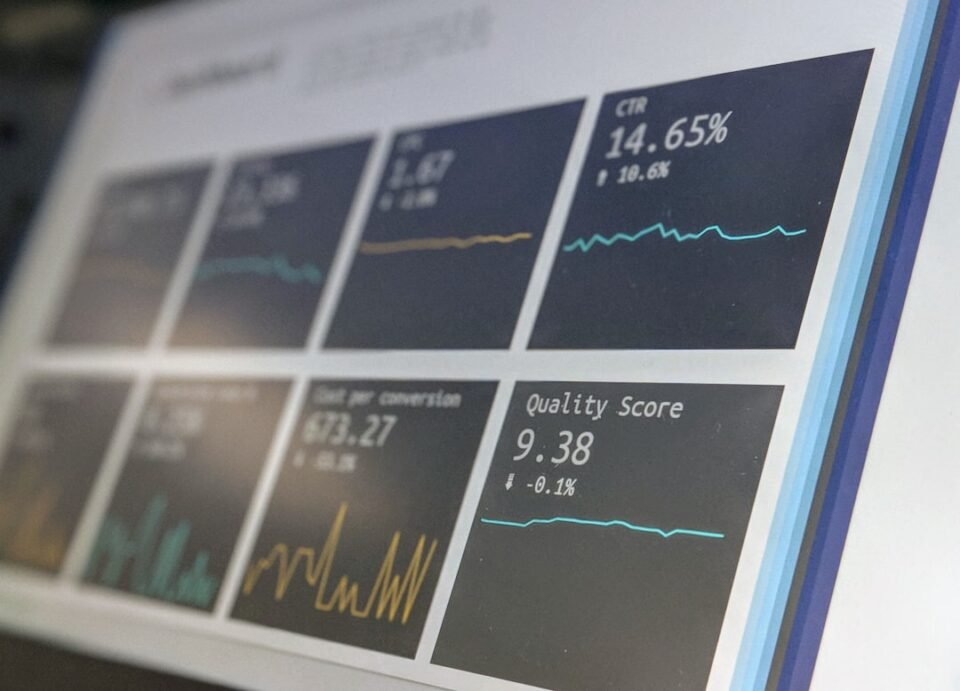As artificial intelligence continues to advance, NeuroByte has introduced a significant innovation with its DataMind AI-Powered Backup and Recovery Platform, launched in March 2025. This state-of-the-art solution is set to transform data protection strategies by utilizing sophisticated machine learning and predictive analytics. In an era where data volumes are rapidly increasing and IT environments are becoming more complex, DataMind offers a self-adapting, intelligent backup system tailored to each organization’s specific needs.
Central to DataMind is an AI engine that constantly learns from data patterns, backup operations, and recovery scenarios within an organization. This continuous learning process enables the platform to optimize backup schedules, foresee potential data loss events, and automate various backup and recovery tasks.
A standout feature of DataMind is its predictive backup scheduling. Unlike traditional static backup windows, the AI evaluates application usage, data change rates, and business criticality to adjust schedules dynamically. This approach ensures critical data is backed up more frequently during high-change periods, while less critical data is backed up less often, optimizing resources and reducing the impact on production systems.
DataMind also excels in intelligent data classification. By categorizing data based on content, usage, and business value, the AI ensures that each data type receives the appropriate protection level. Sensitive information, for example, may be flagged for frequent backups and stringent retention policies, while less critical data is stored more cost-effectively.
The platform’s recovery capabilities are equally noteworthy. By using machine learning to predict likely recovery scenarios, DataMind can pre-stage data for quicker recoveries and automate certain processes. In disaster situations, the AI recommends efficient recovery strategies, considering factors like data dependencies, application priorities, and available resources.
One of the platform’s most innovative features is its natural language interface, allowing administrators to interact with the system using conversational questions like “What’s our current backup status?” or “How long would recovery take for our CRM database?” This capability simplifies the learning process for new users by providing detailed responses and executing complex tasks based on natural language inputs.
Security is a critical component of DataMind’s design, with advanced anomaly detection algorithms that identify potential ransomware attacks or unauthorized data access in real-time. The platform can isolate affected systems and initiate protective measures, such as creating additional backup copies or alerting security teams.
DataMind is also highly scalable, managing backups across on-premises, cloud, and edge environments, offering a unified data protection strategy for complex IT landscapes. Its containerized architecture ensures easy deployment and scalability, catering to organizations of varying sizes.
However, the platform’s advanced AI capabilities require significant computational power, potentially necessitating additional hardware or cloud resources. Moreover, some organizations, particularly in highly regulated industries, may be cautious about relying too heavily on automated decision-making.
In conclusion, NeuroByte’s DataMind AI-Powered Backup and Recovery Platform represents a significant shift in data protection technology. By leveraging AI and machine learning, it offers an intelligent, adaptive backup solution that simplifies data protection while enhancing its effectiveness. Despite initial hesitations about adopting an AI-driven approach, the benefits of increased efficiency, accuracy, and reduced administrative burden are compelling. As organizations face growing data volumes and complex IT environments, solutions like DataMind could become the standard in enterprise data protection.


